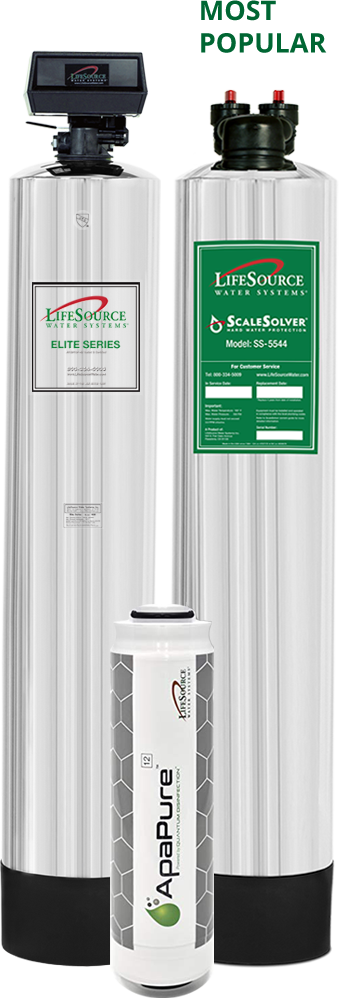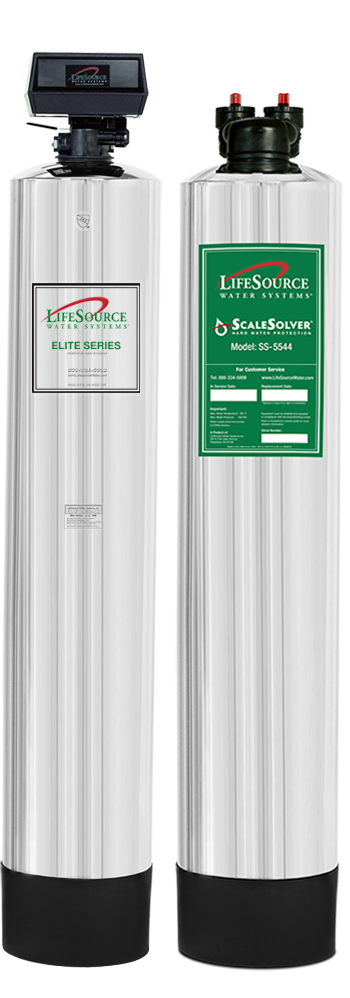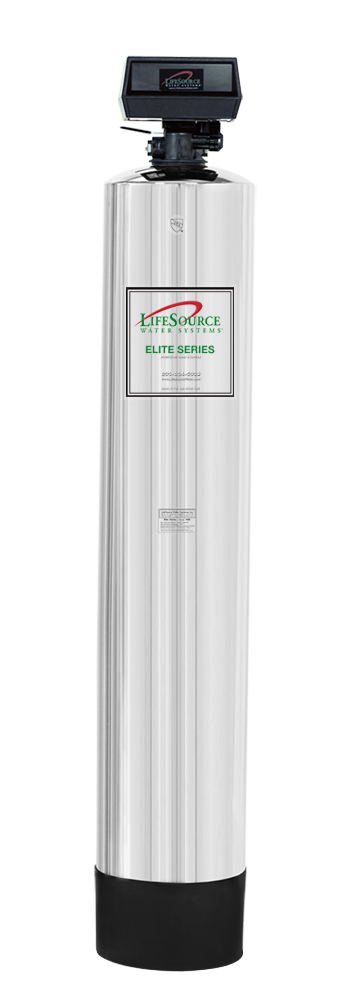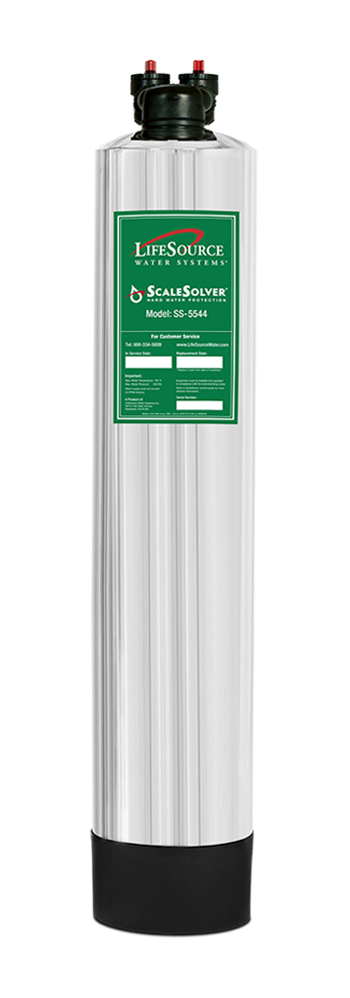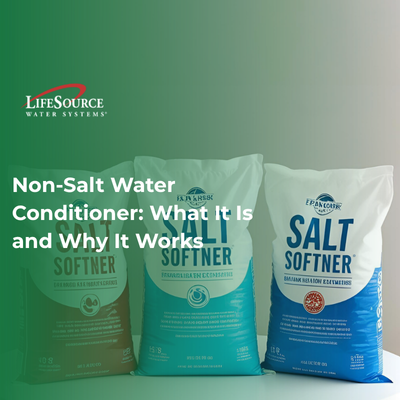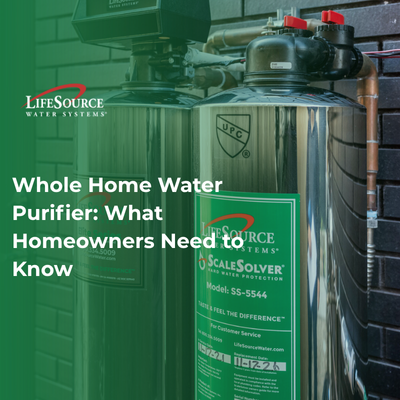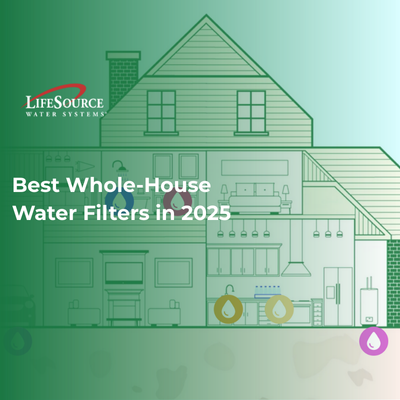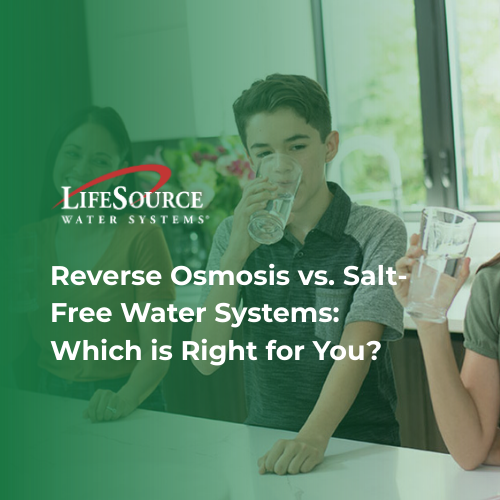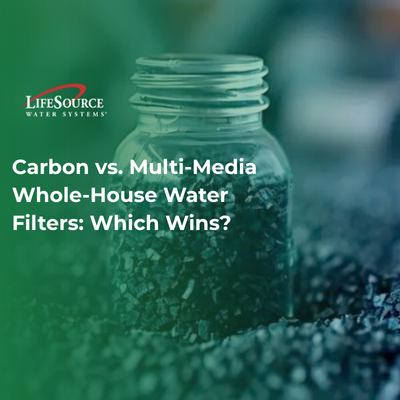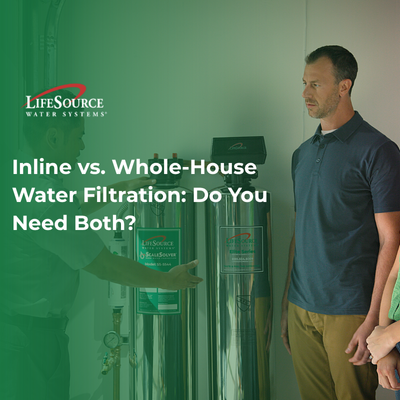
Becoming an Educated Water Consumer
Water is essential to our lives, but most people know very little about the water flowing from their faucets. I’ve worked in the water industry for over 20 years, so I understand buying a whole house water system can be confusing. There can be a lot of smoke and mirrors when it comes to promises made by water companies. I believe every consumer should be educated on how to discern quality standards from cheap advertising. This is why our entire team is trained each year on the science behind water conditioning and filtration. As general manager of LifeSource Water Systems, it’s important to me that we help our customers make educated decisions about the water in their home. I am particularly adamant that our team members understand the importance of water treatment certifications.
National standards for the testing and certification of water systems exist to ensure the safety and health of consumers. Understanding system certifications will help you make an informed decision when purchasing a water system.
The American National Standard Institute (ANSI) is a nonprofit organization, and the leading authority on product development and assessment standards. The National Sanitation Foundation International (NSF International) focuses on public health standards and certifications that regulate water, food and other consumer products. The ANSI wrote the standards that regulate businesses today, including the water treatment industry. The NSF upholds these standards and is responsible for enforcing their parameters.
In order to be NSF/ANSI certified, a water system must be tested and certified at an NSF/ANSI accredited laboratory. Accredited laboratories all follow the same regulations to test a range of features, from structural integrity to aesthetics and filtration capabilities. Stringent testing is also done to ensure nothing unsafe is added to the water. Companies that are NSF/ANSI certified are subject to random product and literature audits. Accredited laboratories perform random audits to check that all products continue to meet NSF/ANSI standards, and all advertising and product literature are kept within NSF/ANSI guidelines.
A company should make it clear where their system was tested and what certifications it received. You can also find certification records on the website of the laboratory where a system was tested. If a system claims to contain tested and certified components, this only applies to those individual parts and does not ensure the system as a whole has been tested and certified.
No certification means a company’s literature is not monitored, their manufacturing process is not regulated and there is no proof the water that comes out of their systems is safe.
The following organizations have NSF/ANSI accredited laboratories and offer certifications for water systems:
- NSF International (NSF): NSF regulates and upholds compliance with ANSI regulation standards. Together they certify food, home and plumbing products.
- International Association of Plumbing and Mechanical Officials (IAPMO): IAPMO started the Energy Star and Water Sense programs, which create guidelines for energy and water conserving products.
- Water Quality Association (WQA): WQA is a non-profit organization and created the Gold Seal Certification Program.
- Underwriters Laboratories (UL): UL aids companies with a range of services from production to marketing.
In short, do your research before purchasing a whole house water system. Find out if the system has NSF/ANSI certifications. Without certification, there is no proof that a water system does what it claims to do. Companies who do not certify their products are not being held to any regulatory standards and are not held accountable for their marketing materials. Remember, if a product line has no certifications the company selling the water system can tell you whatever they want.

